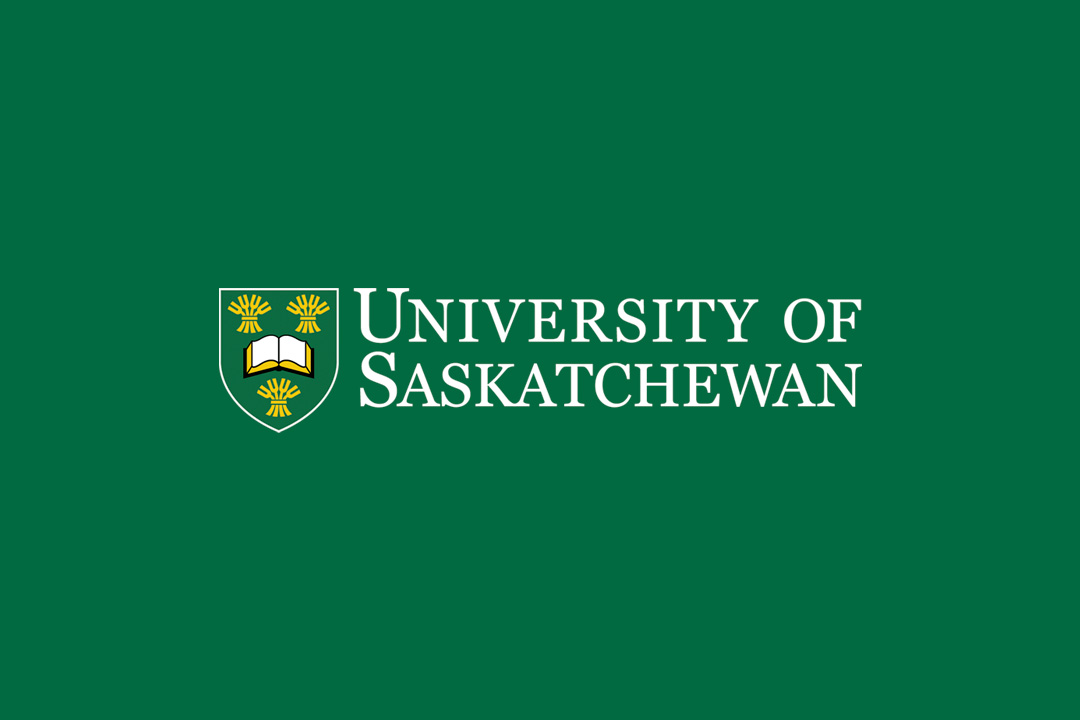
Report offers guidance for post-secondary efforts on Indigenous citizenship/membership verification
SASKATOON – As Canadian institutions face the challenge of people who falsely claim to be Indigenous, the University of Saskatchewan (USask) is sharing a new independent report that will contribute to the national conversation and inform the university’s continued implementation of policies and practices around this issue.
USask commissioned Jean Teillet, a leading Canadian expert on Indigenous rights, Métis identity, and history, to look into the root causes of the problem, advise on the complexity of Indigenous identity issues, and recommend ways that USask can effectively implement its new policies and processes aimed at detecting and deterring false claims of Indigenous citizenship and identity.
“USask is committed to reconciliation and the process of continuously learning how to better serve Indigenous people and their communities,” said USask President Peter Stoicheff. “We are grateful for Jean Teillet’s work on this report, which will inform and guide us as we strive to implement sound policies and practices to address this complex issue.”
In July, the USask Board of Governors approved a new policy on Indigenous membership/citizenship verification, the result of ground-breaking work by a task force led by Indigenous Elders and leaders. Previously, verification relied on self-identification and had been conducted internally. Now, Indigenous communities will decide what evidence is required when faculty, staff and students apply for positions or scholarships where they could gain a material advantage.
The policy is now in the process of being implemented by a permanent Indigenous-led standing committee. Teillet’s report will be presented to help inform the standing committee leading this implementation plan.
Teillet’s research included an extensive literature review and interviews with 60 USask faculty, staff, and students. She stated that the findings of her 86-page report are applicable not just to USask but to all institutions across Canada that hire and engage Indigenous people.
“Those who falsely claim Indigenous identity for their own material advantage cause significant harm to the academy and Indigenous Peoples,” said Teillet.
She stressed that the solution to the problem is readily apparent: education about Indigenous Peoples. Canadians generally, and universities specifically, have been ignorant about the complexities of Indigenous identity, which has meant there are “few checks and balances to detect Indigenous identity fraud,” she said.
Teillet noted that USask has “embraced the need to work with Indigenous communities and is moving quickly to implement new policies and agreements.”
“It is commendable that USask is now requiring evidence to support Indigenous identify claims,” she stated.
However, Teillet suggested that USask employ clear standards and warnings when it comes to handling false claims at the university.
“It is hoped that attention to policies and processes will act as a deterrent to individuals contemplating an entrance into the university based on false Indigenous identity,” she stated.
Teillet also urged USask to create a specific complaints process for false claims of Indigenous identity, and recommended that the university take steps to evaluate how the institution’s culture “may be acting to undermine or be non-supportive of its Indigenization Strategy and its Indigenous members.”
Teillet’s full report can be found here.
USask’s efforts to advance Indigenization have been guided by the university’s strategic plan, Truth Telling consultations with Indigenous faculty and staff, the gifting of the ohpahootan |oopahootan Indigenous strategy, and the Indigenous-led deybwewin| taapwaywin| tapwewin policy on membership/citizenship verification.
“Ms. Teillet’s report offers advice on how to build on these strategies and policies, and adds to our university’s continued journey of listening, deliberating and taking transformative action for reconciliation,” said Dr. Airini (PhD), USask provost and vice-president academic. “We thank the deybwewin (Saulteaux)| taapwaywin (Michif)| tapwewin (Cree) policy Standing Committee for leading USask’s critically important efforts in this area.”
Media are invited to a virtual scrum with President Peter Stoicheff and Provost and Vice-President Academic Airini to discuss the findings, subject to confidentiality.
Time: 2pm (Sask. time)Zoom Link: https://usask-ca.zoom.us/j/98035172490?pwd=bUJwcnVxUEE0ZHMxQmI2Vkw2Wks5dz09&from=addon
Meeting ID: 980 3517 2490
Passcode: 65142045
If a member of your organization wishes to attend, please RSVP — including attendee name and news outlet — to Brooke Kleiboer (brooke.kleiboer@usask.ca).
-30-
For media inquiries, contact:Brooke Kleiboer
Communications Coordinator
University of Saskatchewan
306-966-1388
brooke.kleiboer@usask.ca
Report highlights:
“USask had already begun to take steps to address this issue. Among many other steps, thatincluded retaining the author as an external and independent investigator to prepare this report. This report, then, is presented while substantial positive changes are already in motion at USask. For example, on August 20, 2021, USask was gifted the first Indigenous strategy that was created exclusively ‘by Indigenous people at a Canadian U15 research institution.’ The strategy was the culmination of work begun in 2018 and represents the collaborative work of the Office of the Vice-Provost Indigenous Engagement, and USask’s Indigenous community of students, staff, faculty, and leaders, Elders, Traditional Knowledge Keepers, and Language Teachers. The strategy embeds principles into USask’s University Plan 2025.”
- Page 4
- Page 5
an Indigenous identity claim and that USask will verify that evidence. To date fraudsters have
been slipping into the academy because they could, because no one checked, and because no one thought they should check Indigenous identity claims. Sending a clear signal that those days are over will act as a strong deterrent.”
- Page 68

